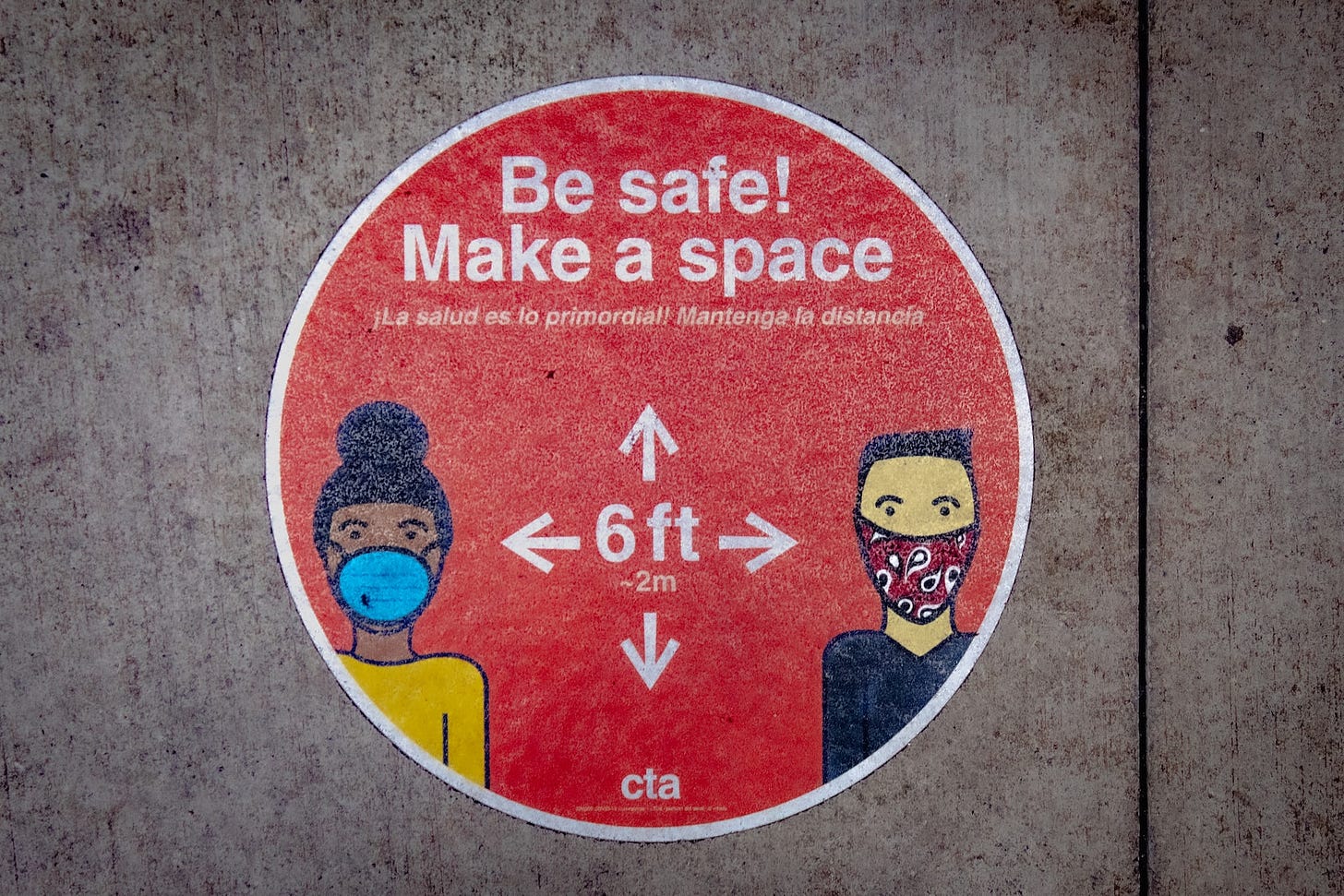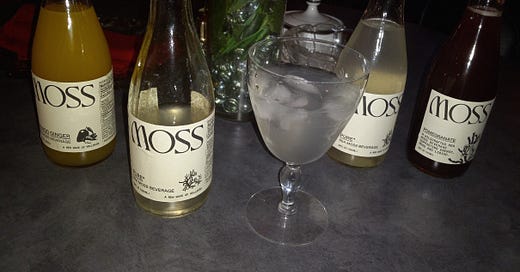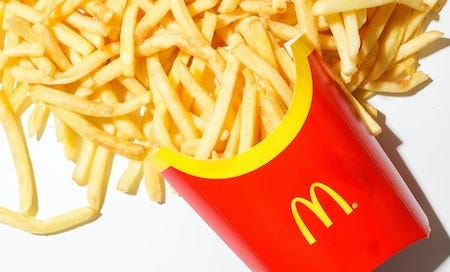
Retailers lend a helping hand as COVID-19 pandemic looms on

The coronavirus outbreak has been the worst possible “gift” that keeps on giving. From its first U.S.-confirmed case on January 20, 2020 to this publication date, there have been 33,404 infection cases in the U.S. and 400 deaths in 54 jurisdictions. But with increasing social isolation warnings, state-related executive orders, and companies being forced to close early or altogether, retailers are trying to help consumers find peace in all this chaos.
It’s Personal, Not Just Business
Businesses are showing off their more humane side. While retailers like Albertsons, Costco, Fred Meyer and Trader Joe’s are forced to suspend food handouts and samples to reduce the risk of infection, non-grocery businesses are using their inventory and supplies for free giveaways—from travel to toiletries.
For those still relying on public transportation, Kalamazoo Metro Transit is offering free transit fares from March 24 until further notice in Michigan. In Chicago, active Ventra transit users are eligible for one prorated credit on 7- or 30-day passes.
On the household end of giveaways, Genna Keller (principal and co-founder of marketing firm Trevelino/Keller) created the Toilet Paper Exchange—a pop-up, drive-thru giving away 1,000 rolls of toilet tissue. Bellewood Farms and Chuckanut Bay Distillery in Washington have made hand sanitizer, and are giving out 16-ounce bottles and 50-milliliter bottles to local residents.
And while some smaller grocers and retailers may not be able to afford to offer giveaways or reduced rates at the same level as the companies above—in order to pay their employees and restock supplies—they do have one unique advantage. Because they are working with more local suppliers and farmers, residents are finding that small businesses have supplies that major retail stores are struggling to keep on store shelves. East Coast grocery store MOM’s Organic Market and BestWorld Supermarket in Mt. Pleasant, Washington D.C. are two of several examples that are getting more customers in than usual.
ADVERTISEMENT ~ Amazon
As an Amazon affiliate, I earn a percentage from purchases with my referral links.
And larger grocers and retailers who are in constant need of restocking their shelves are giving seniors and those with disabilities the opportunity to avoid long lines, barren shelves and (sometimes catastrophic) crowds. Warehouse chain Costco is offering special shopping hours for these two groups, who are especially susceptible to worse risks if infected with the novel coronavirus. Stop & Shop, Target, Walmart and Whole Foods have also scheduled early morning hours or blocked off certain opening hours for seniors and the disabled to shop.
Foggy Details for Retail and Food Delivery Deals
While small grocers, supermarkets and specialized retailers are doing their part, consumers are still trying to keep a level of normalcy at home. That means finding work online or finding alternate jobs, after an involuntary job loss. Walmart and Amazon are hiring in noticeably larger numbers (as much as 250K new employees) and at a quicker speed than usual. With retailers hiring more workers, this could potentially help newly unemployed (or underemployed) people find temporary work until the coronavirus outbreak is under control.
Additionally, the boost in delivery drivers and retail employees could help control the maintenance, upkeep and restocking needed in stores—if done safely. However, online retailer Amazon is already taking some flack for workers stating that the company could do more to keep them safe.
Also on the delivery end, Grubhub sent an email announcement last week that it is “deferring commission fees for impacted independent restaurants” because of the coronavirus. But as Eater mentions, “defer” just means that $100 million in marketing commission fees will eventually have to be paid back. Delivery and order processing rates still apply to each order. DoorDash, on the other hand, is offering 30 days of commission-free delivery for new restaurants and no commission fees on pick-up orders. And Uber Eats is waiving the delivery fee paid by consumers for independent restaurants, but the Uber commission fee is unclear.
Still though, for consumers, having food delivery companies like GrubHub invest in charitable programs that “support restaurants and drivers impacted by the COVID-19 health crisis” is a major plus. This is especially significant for consumers who are looking at grocery stores with barren shelves for everything from pasta sauce to fresh eggs. Food delivery, including fast food, is becoming almost expected instead of optional, depending on how prepared consumers were to stay indoors.
The Takeaway
With consumers being vocal about how retailers and the hospitality industry could improve on their physical and online services, some companies are listening and making improvements whenever possible. Arguably, there could have been more nationwide preparation for this outbreak months (if not years) ago. However, retailers (hospitality and delivery included) are taking on a bipartisan approach to figure out what they can do now to make the isolation transition easier for all involved in the foreseeable future.
(Note: This post was originally published as an Upwork freelancer for RETHINK Retail.)
Did you enjoy this post? You’re also welcome to check out my Substack columns “Black Girl In a Doggone World,” “BlackTechLogy,” “Homegrown Tales,” “I Do See Color,” “One Black Woman’s Vote” and “Window Shopping” too. Subscribe to this newsletter for the monthly post on the third Thursday.
If you’re not ready to subscribe but want to support my writing, you’re welcome to tip me for this post! I’ll buy a dark hot chocolate on you. Thanks for reading!











